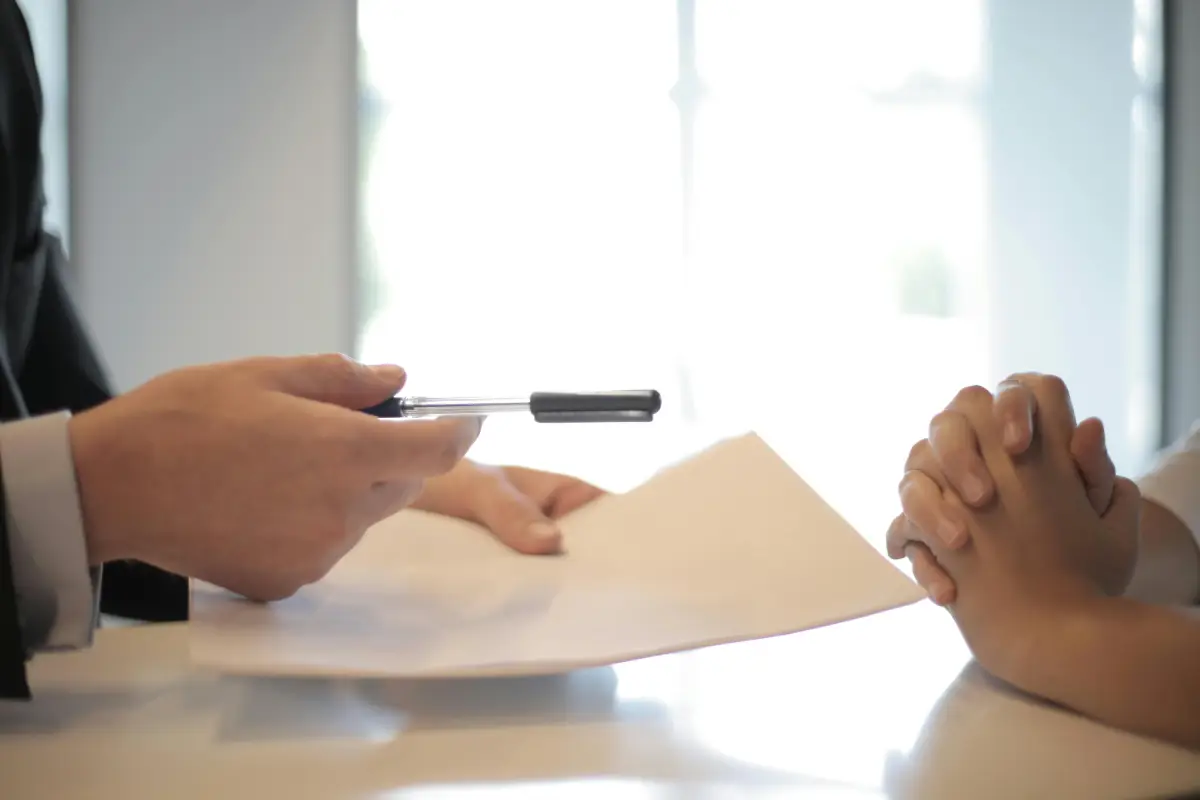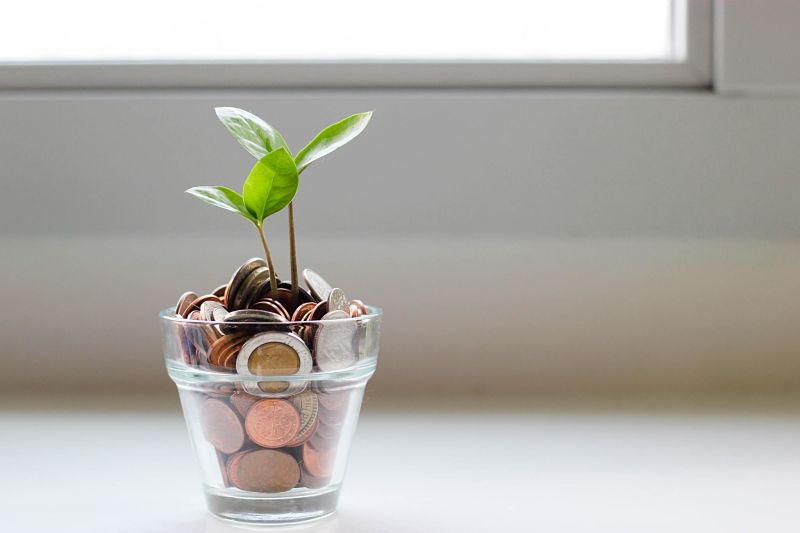
Unexpected expenses can arrive at any time. Whether your roof starts leaking or your car won’t start, we’re often faced with annoying expenditure that we didn’t plan for.
Our survey of 2,000 Brits has revealed that 1 in 7 UK residents has nothing at all in their savings, which means having to fund emergency expenses can be stressful and challenging. Keep reading for our tips on how you can meet unforeseen costs when they arrive.
Use your emergency fund
The idea of setting aside an emergency fund aims to help you to deal with unexpected expenses. Whether you need to fund boiler repairs, an unexpected bill or home maintenance, dipping into the pot you have set aside is a sound way to meet unexpected costs.
A general rule is to try and ensure that you have the equivalent of three months’ expenditure in your emergency fund. That should be enough to cover most common emergencies – but make sure you top up your savings if you dip into them.
Experts such as Jesse Mecham suggest that you should have money put aside in a range of accounts for specific emergencies, such as ‘car repairs’ or ‘house maintenance’.
Mecham says that these targeted funds are “much less likely to get raided, since we’re holding them with a purpose. We can easily rationalise plucking money from a generic emergency fund when we’re not sure exactly what it’s being held for. But when you know that money is for medical bills, you’re much less likely to siphon from it to pay for a birthday present.”
Dip into your savings
If you have a cash savings account that you can access without penalties, it can pay to cash these in rather than borrow money to pay bills.
However, make sure that the money isn’t earmarked for another purpose, and always check whether you’re going to be penalised for withdrawal.
Remember, it is better to dip into cash savings, than investments. This is because investments are generally meant for medium-to-long term saving via a Stocks and Shares ISA.
Take interest-free credit
Depending on the reason for the unexpected bill, you may have the option to pay using interest-free credit. For example, if your car is beyond repair and you need to fund a replacement, a dealer may offer you 0% finance to do this.
You may also benefit from interest-free credit if you have to replace your sofa or carpet. The cost of buying a new boiler can also often be eased with 0% finance.
However, it is important that you remember to be careful with credit and only borrow what you can afford to – and always keep in mind that this can have a significant impact on your credit score.
Borrow from family
Research from the Money Advice Trust has revealed that two-thirds (67%) of 18-24-year-olds have borrowed money from their family or friends, with the average borrowing standing at £2,248.
Borrowing from your family is normally a cheap option, as it’s rare that a relative would charge you interest on the borrowing. They may also be prepared to accept a relatively loose repayment strategy, rather than insisting that you pay back a fixed amount every month.
However, borrowing from your loved ones can have serious consequences. Research by debt charity StepChange has shown that one in three people who owe money to loved ones report negative effects caused by their financial well being.
Writing in The Spectator, Mike O’Connor, chief executive of StepChange, says: “It is good that people support their friends and family, but lending them money can bring serious and unexpected problems. If they are already in financial difficulty, more borrowing is not necessarily the answer and it can make things worse. People need to take practical action to solve the underlying debt problem.”
Use a personal loan or credit card
If you really can’t access the money you need to pay an unforeseen bill, then you may have to borrow the amount that you need. Personal loans and credit cards let you borrow small amounts at a fixed rate of interest for over a fixed repayment period.
A personal loan typically allows you to borrow an amount from £1,000 up to £25,000. With hundreds of different loans available, make sure you shop around for the best deal.
A credit card is an easy way to pay an unexpected bill but it can be expensive. Interest rates on credit cards can often be in excess of 20% and so if you don’t pay back your debt quickly you can end up paying a significant amount of interest.
Credit cards and personal loans should be a last choice as technically you are spending money you don’t have and you could get stuck in a rut. Additionally, you should try to avoid the likes of payday loan companies, as these often have high interest rates on what you borrow.
If you require any further information on financial matters, visit our Shepherds Friendly resource centre. Visit Gov.uk if you require advice on options for dealing with debt.


